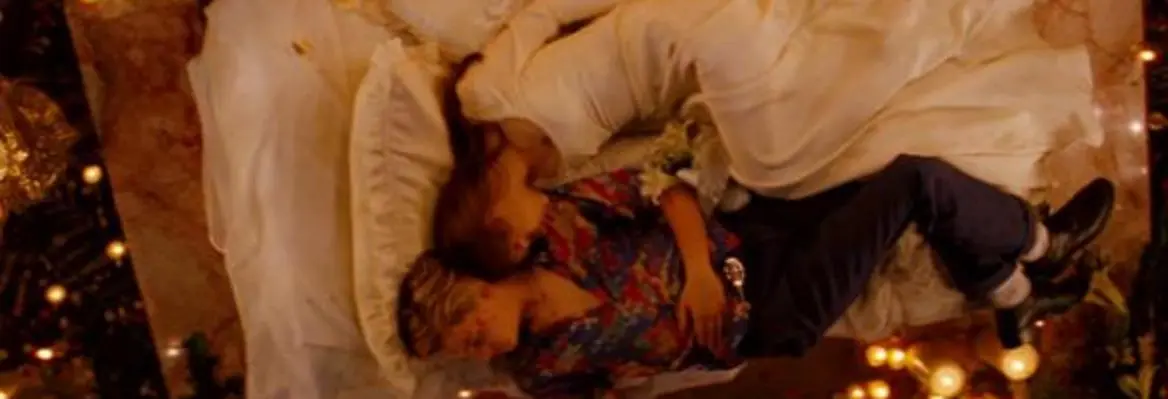How can we love without losing ourselves? Why is passion so destructive? And what does it mean to love the dead?
“To fear love is to fear life, and those who fear life are already three parts dead” wrote Bertrand Russell. His words cast love and death as the two most powerful forces shaping our existence, the crucial threads from which we weave the narratives of our lives.
Love and death are central to the human endeavour to understand the world. Timeless themes in philosophy and art, they have endless cameos in popular culture and continue to be interrogated by philosophers, novelists, musicians and poets alike.
In literature, from Romeo and Juliet to the Great Gatsby, the trope of dead lovers, destroyed by passion, has become cliché. Love is compared to madness, fire, a prison, even hell; in fact, it seems strangely close to death itself. In psychoanalysis, Freud argued that, although conflicting, Eros and Thanatos are deeply intertwined, while BDSM emerges out of the shadowy relationship between eroticism and violence.
Then there is our love for the dead, both personal and collective. From celebrities whose fame rockets after they die to the inevitable loss of those closest to us, might we love the dead more than the living?
In this issue of IAI News we interrogate love and death. Why do they so often appear hand in hand? Why is passion so close to pain? How can the violent be erotic? And what does it mean to love the dead? Tackling these most fundamental of experiences, we move beyond their seeming opposition and expose love and death as intimately connected.
Jean-Pierre Boulé, author of Sartre, Self-formation and Masculinities
Existentialist thinker and Simone de Beauvoir’s lover, how did Sartre see sex and relationships? Jean-Pierre Boulé examines Sartre’s thoughts on the sadistic, the sexual and the possibility of a reciprocal, loving unity.
Christopher Hamilton, Reader in Philosophy at King’s College London
Divorce has been proclaimed the new death: as we live longer, we have longer to hate our partners. But does it have to be this way? Philosopher Christopher Hamilton argues for a model of relationships that embraces the imperfect and unpredictable.
What can Rousseau teach us about authenticity in love?
Alessandro Ferrara, political philosopher at the University of Rome II
How can we remain authentic beings in our romantic relationships? Examining Rousseau’s depiction of love in Julie, or the Nouvelle Heloise, Alessandro Ferrara makes the case that true authenticity requires emotional maturity and, essentially, a joie de vivre.
Kierkegaard's existential lover
Sharon Krishek, Lecturer in Philosophy at the Hebrew Univeresity of Jerusalem
Why did the first existential philosopher consider our love for the dead as the most authentic and selfless form of love? Sharon Krishek argues that Kierkegaard shows how reflecting on death can deepen our experience of romance.
Image copyright Twentieth Century Fox



















Join the conversation